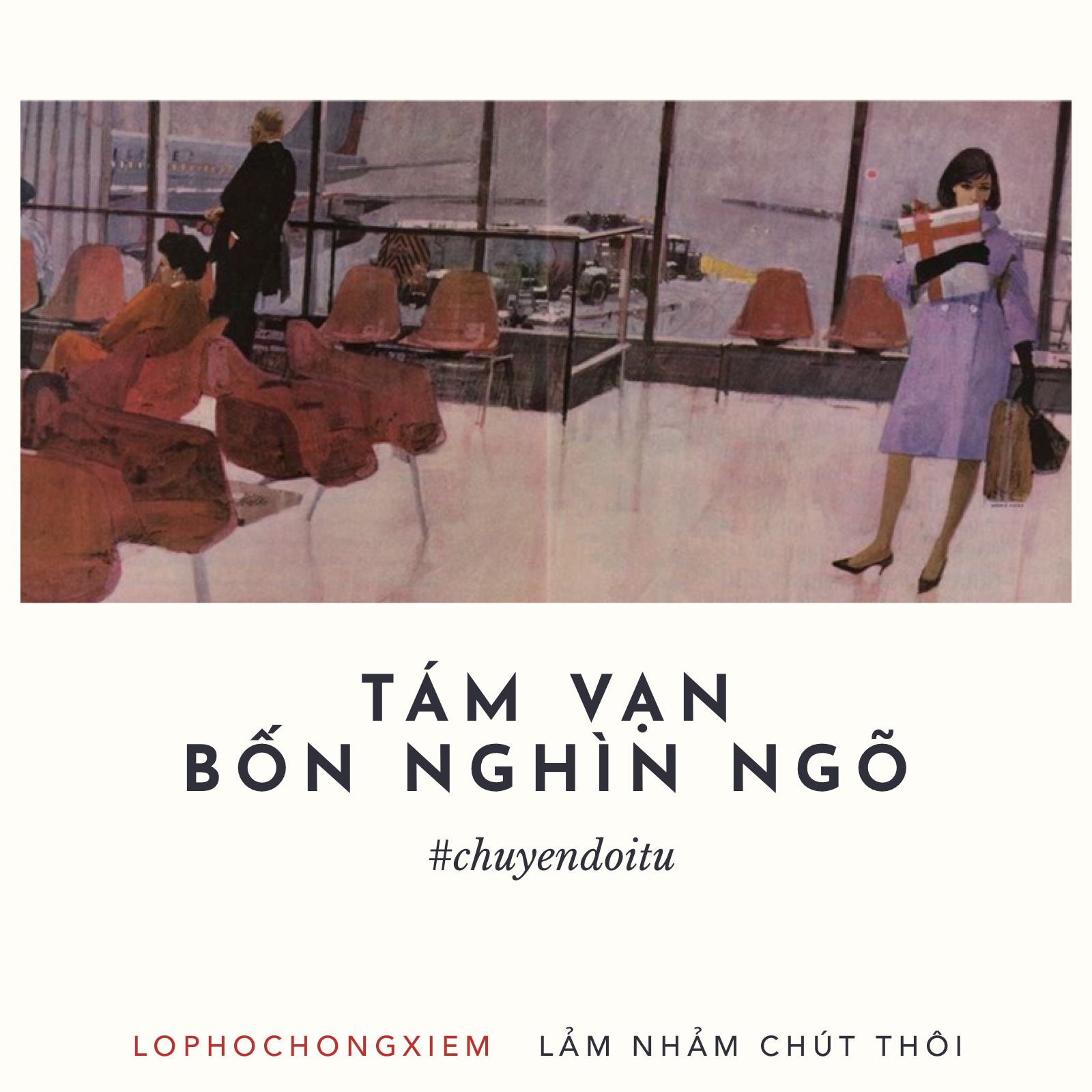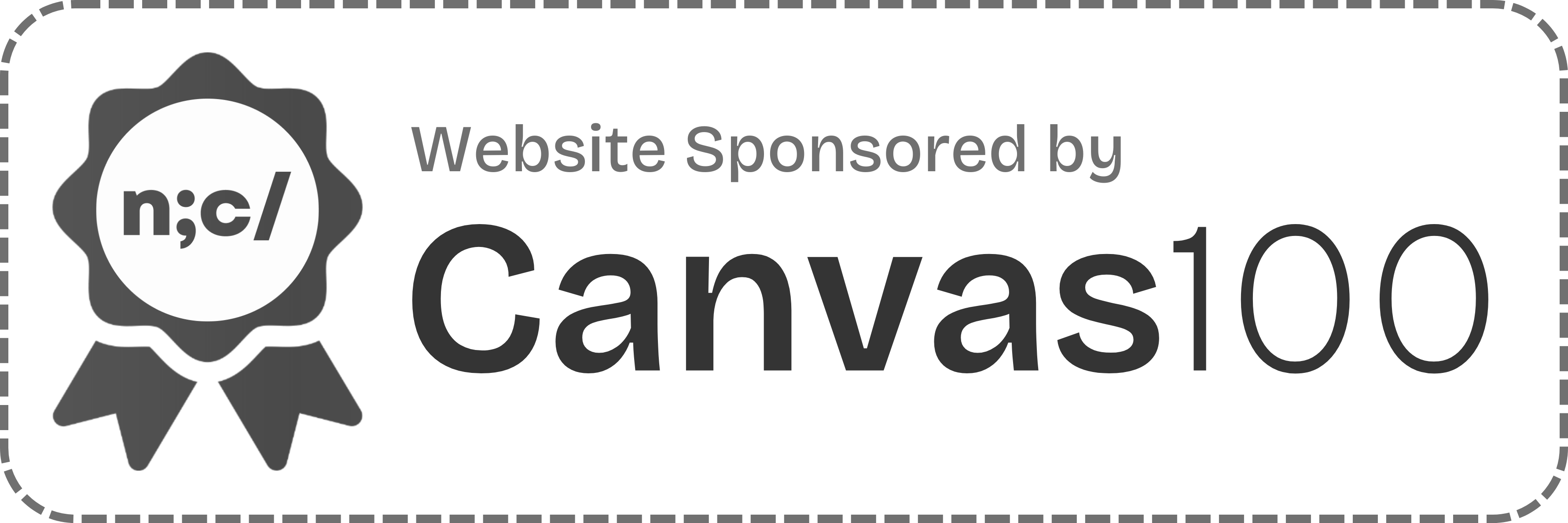Hôm nay quay lại quán cũ. Tiny’s Cafe ở Nguyễn Tri Phương. Nơi mình và Nhân đã ngồi với nhau rất nhiều lần để bàn về việc mở một lớp vẽ. Hơn ba năm rồi, quán vẫn thế. Mình vẫn thấy quen.
Chính là lớp Hồng Xiêm.
Hồi đó mình và Nhân cùng ngồi nghĩ một cái tên. Nhân bảo, mình hãy chọn một thứ quả gì đi. Và Nhân ngồi lảm nhảm liệt kê ra các loại quả. Táo, mơ, hồng, hồng xiêm…
“Ừ tên Hồng Xiêm hay đấy. Nghe say say. Mà say vừa tầm để người ta thấy yêu đương và rạo rực trong lòng”
Về sau Nhân đi. Em còn nhiều giấc mơ to to. Nhưng em vẫn đến chơi với mình vào mỗi cuối tuần, nhìn ngắm cái mà em đã cùng mình làm, vào cái giai đoạn khó khăn nhất. Hồi đó làm không có lãi, mình vẫn ngửa tay xin mẹ tiền tiêu hàng tháng như thường. Toàn bạn bè thân thiết đến học.
Nếu làm cái gì đó mà mục đích chỉ vì tiền hoặc vì danh vọng, có lẽ nó sẽ không trở thành kỵ sĩ dẫn đường cho niềm tin của mình – trong suốt cuộc đời mù sương.
Mở Hồng Xiêm được chưa đến một năm, mình dừng lại việc dạy vẽ, vào Sài Gòn để làm luật – là cái mình được học trong suốt bốn năm đại học. Ở đây phải kể chuyện sếp Bảo Anh.
Cơ duyên cũng kỳ lạ lắm. Năm ba đại học, mình cùng Giang và Việt Anh làm một cái nghiên cứu khoa học, dưới sự hướng dẫn của thầy Hà. Đó cũng là một chuyện vui. Nhóm được giải quốc gia, bạn bè được cùng nhau đi nhiều nơi. Nhưng quan trọng là, lúc tìm tài liệu cho nghiên cứu, mình bắt gặp bài viết của anh Bảo Anh. Bài đó là luận văn tốt nghiệp thạc sĩ của anh, và mình bị lôi cuốn mạnh mẽ vì lối viết cực kỳ chặt chẽ và lập luận súc tích ấy. Bài viết rất sáng, thật là khác so với các tác giả viết về cùng chủ đề. Mình còn lên mạng search tên anh và stalk mấy ngày. Hoá ra anh còn viết nhiều về các chủ đề khác, về thân phận người nói chung. Giọng văn trữ tình, hơi u sầu nhưng có chất khí khái anh hùng.
Và mình nghĩ: “Ra là người ta có thể vừa làm luật sư giỏi, vừa mơ mộng về những điều đẹp đẽ như vậy”.
Mình viết email cho anh Bảo Anh, để xin vào văn phòng của anh làm thêm. Anh ở Sài Gòn, phỏng vấn qua video call và nhận mình. Nhớ lại, cuộc phỏng vấn ấy khá lạ lùng. Anh không thèm hỏi điểm số của mình, hoặc các thành tích học tập khác. Anh đặt cho mình mấy câu hỏi kỳ lạ để kiểm tra phản xạ tư duy, đại loại: “Dân Ngoại thương thường tự cho mình là elite – vậy em nghĩ thế nào?”
Ban đầu mình làm ở chi nhánh Hà Nội. Về sau, mình xin anh cho mình vào Sài Gòn làm. Mình muốn được thử sức nhiều hơn, tự lập hơn – quan trọng là có cớ để chia tay người yêu cũ. Văn phòng ít người, nhưng khối lượng công việc thì khổng lồ. Nhiệt độ lúc nào cũng duy trì ở mức 18 độ C để người ta phải tỉnh. Anh Bảo Anh- người mình ngưỡng mộ và mong chờ được gặp- thì trở nên lạnh lùng lắm, mặt hằm hằm và giữ một khoảng cách kinh dị với nhân viên. Ai làm sai cái gì, sếp mắng như tát nước vào mặt, bằng cái lối rất Bắc Kỳ, rất chợ búa. Không ai dám đùa với sếp. Trông anh giống một tay giang hồ Hong Kong hơn là một người đã viết ra mấy áng văn thơ trữ tình về những người lính xa quê.
Nhưng ra là anh buộc phải làm thế. Vì cái văn phòng này, nó giống như cái bệnh viện chuyên chữa bệnh cho khách VIP; VIP nào có bệnh nặng, cấp tính, sắp héo, cứ mang vào đây anh chữa. Công việc rất căng thẳng. Sai một ly là héo ngay.
Anh Bảo Anh training cho nhân viên rất kỹ. Anh tổ chức ra nhiều cuộc họp công ty từ Nam ra Bắc qua video call để mắng mỏ và rút kinh nghiệm. Nhiều khi văn phòng im lặng giữa những tiếng quát tháo của anh – một sự im lặng ngột ngạt đè nặng lên mọi người, đến cả đứa nhân viên tép riu nhất là mình.
Được mấy tháng thì mình cảm thấy sự hiện diện của mình ở đây có cái gì sai sai. Hệ thống đó nó như cái bánh xe, to lớn và quyền uy, đầy sức mạnh. Bên trong nó, mọi người hối hả vận hành – toàn những con người tài cán và thông minh. Lẽ ra phải cảm tạ trời đất cho mình cái cơ hội làm việc đó, nhưng mình lại bị mệt. Mình ngủ không ngon. Mỗi tối bó gối và tập chép thơ tiếng Hán của Lý Bạch, Đỗ Phủ trong căn phòng tối om, có ngọn nến leo lét cháy. “Đốt nến cho có sinh khí. Nếu không, mọi thứ cứ trơ ra đây này”- mình nghĩ thế. Tuy nhiên sáng hôm sau mình lại bị mệt kinh dị, lơ đãng và buồn ngủ trong văn phòng dù đã nốc mỗi ngày hai cốc cà phê.
Về sau, anh Bảo Anh kể rằng anh tưởng mình đi quẩy bar sàn nên mới kiệt sức. Nhưng không phải đâu sếp ơi, chỉ vì tinh thần em quá yếu.
Vậy là mình xin nghỉ. Sếp gọi mình vào nói chuyện suốt bốn tiếng đồng hồ – chủ yếu là sếp nói, phân tích các thứ, không cả ăn trưa. Từ chuyện công việc, trôi dạt sang chuyện đời, chuyện người. Quan trọng là anh thuyết phục mình cái gì cả, đơn giản chỉ là kể cho mình suy nghĩ của anh. Lúc đó mình nghĩ: “Con người này, hoá ra lại thèm được nói đến thế. Đến ngày cuối được ở trong công ty anh, anh mới bộc lộ ra một phần cái tính cách cá nhân của anh cho mình hé mắt nhìn xem.”
Mình về lại Hà Nội và chưa muốn quay về văn phòng luật ngay. Mình mở lại Hồng Xiêm, vì từ khi mình nghỉ, các bạn hỏi nhiều quá. Ngay từ khoá đầu tiên, lớp đã kín chỗ. Và mình cảm thấy được lột xác sau những bài training căng như dây đàn ở công ty cũ. Bài giảng của mình gãy gọn, súc tích và chứa nhiều thông tin hơn. Mình research tốt hơn, hiểu người học hơn. Rồi mình hoãn vô thời hạn giấc mơ cũ: trở thành luật sư. Cảm thấy mọi thứ đi đúng hướng rồi thì thôi chứ.
Anh Bảo Anh ra chơi với mình hai lần, thăm cái lớp vẽ nhỏ của mình, từ cái ngày nó chon von trên tầng thượng của cái homestay cũ, thuê giá 50k một giờ. Lúc này sếp mới chính là anh Bảo Anh, nói nhiều, say mê, toàn dịch lý, tử vi, hội hoạ, văn thơ. Anh vẫn ngoa như thế. Có lẽ anh cũng muốn giữ lại chút phẩm chất Bắc Kỳ đanh đá sắc nhọn sau mấy chục năm lăn lộn trên thương trường Sài Gòn. Anh bảo là “Trong các thứ giả vờ ở đời, khó nhất là giả vờ hạnh phúc. Có vẻ em đang hạnh phúc thật”.
Mình chưa bao giờ dám nói cám ơn sếp vì những gì anh đã cho mình. Mình khá xấu hổ, vì đã nhận quá nhiều mà chẳng giúp được gì mấy cho công ty. Tuy nhiên có thể nói rằng, nếu mình làm nên được cái gì đó, một phần rất lớn là nhờ lớp Hồng Xiêm. Mà không có những bài training của sếp thì lớp Hồng Xiêm chắc sẽ rất khác.
Cám ơn cả ngôi trường cũ của mình. Dù mình sinh ra chắc không có năng khiếu hành nghề luật, hoặc làm xuất nhập khẩu – thì chí ít mình cũng đã hiểu một phần của thế giới doanh nhân nó vận hành như nào. Nếu không có đủ thông tin, có lẽ người ta sẽ mãi chần chừ ở ngã ba đường mất.
Đôi khi người ta tuyên truyền một cách rất self-help, đó là hãy cứ cố gắng đi, chăm chỉ đi, nhắm mắt chúi mũi mà làm, thành công sẽ đến với bạn. Ôi, làm gì có chuyện đó. Bạn xem có đi đúng đường của mình hay không đã, rồi hãy bàn đến chuyện chăm. Nếu chọn không đúng lối, đời sẽ quật cho tả tơi, kiệt sức. Có người chọn đúng đường ngay từ đầu, có người không. Chúng ta có thể đổ tại số phận: chúng ta có thể gặp may, hoặc không. Tuy nhiên điều công bằng là: ai đó luôn có quyền nhìn ngó lại con đường mình đi để tỉnh táo đưa ra quyết định, chính giờ phút này.
“Đường vào đạo có tám vạn bốn nghìn ngõ”, ai đó đã nói. Đường sếp mình, thầy mình, các bạn mình đi, cũng là đường vào đạo. Nhiều người đi trước thật xa. Nhiều người chùng chình hoặc rẽ dọc ngang. Với mình, lớp Hồng Xiêm này, học mỹ thuật này, hẳn là con đường đúng. Chẳng biết lý giải tại sao, nó là một cái cảm nhận dường như vượt ra khỏi những kinh nghiệm thông thường – chắc vì “đời cho ta thế”.
Biết ơn những mối nhân duyên đã đưa đẩy mình vào đúng dòng hải lưu. Ở trong này, mọi thứ dễ chịu như nước ối. Biết vậy, dẫu trải qua bão bùng sóng gió, vẫn cứ tin tưởng mà đi.

